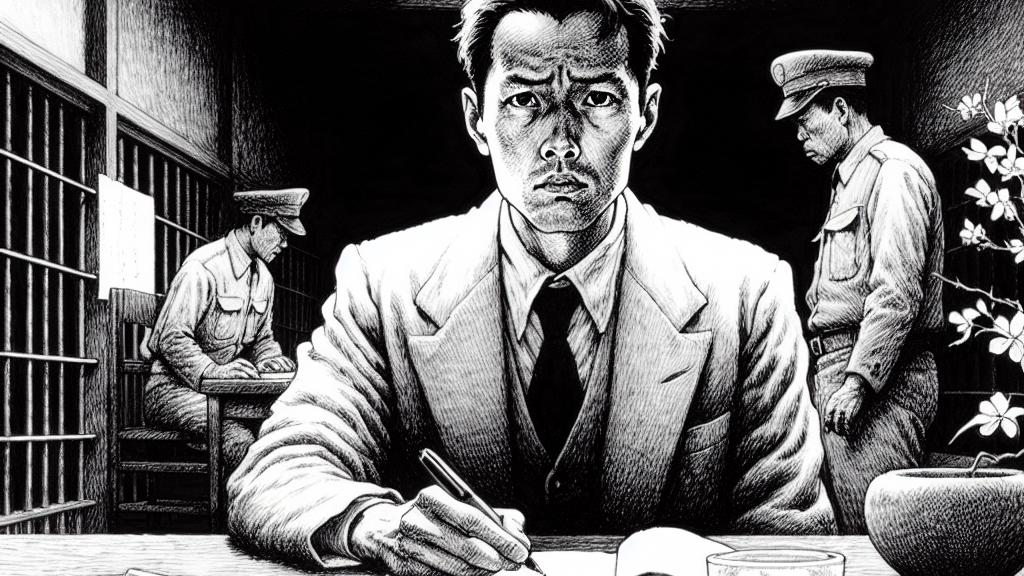Life After Exoneration: The Inspiring Journey of Iwao Hakamada
Overview
- Iwao Hakamada, tragically wrongfully convicted, emerges exonerated after nearly 50 years of suffering.
- The prosecution's decision to forgo an appeal marks a significant shift toward accepting the failures of the judicial system.
- This remarkable case highlights critical flaws in evidence collection and shines a light on the urgent need for reform.

The Heart-wrenching Background of the Hakamada Case
The harrowing tale of Iwao Hakamada dates back to 1966 in Shizuoka, Japan, where he was wrongly accused and convicted of a brutal crime—the murder of a family of four. Initially, the prosecution's case appeared strong, bolstered by what they claimed were irrefutable pieces of evidence. However, years later, it became evident that critical elements had been fabricated, including coerced confessions obtained during intense interrogations. For an unfathomable 48 years, Hakamada languished on death row, living a nightmare that no one should endure. His eventual exoneration in 2023 sparked a crucial dialogue on the integrity of judicial proceedings, emphasizing that no one should suffer such a fate due to systemic failures.
Key Recent Developments in Justice
On October 8, 2024, a monumental announcement echoed through the corridors of justice: prosecutors officially decided not to appeal the groundbreaking ruling that secured Hakamada's exoneration. This pivotal moment reflects not just a closure for Hakamada but also a significant recognition of the deeply entrenched injustices within the legal system. Prosecutor General Naoko Unemoto voiced a mixed bag of sentiments—while she expressed disappointment at the acknowledgment of fabricated evidence, she admitted that prolonging Hakamada's torment would do no good. Consequently, Hakamada’s story transforms from one of despair to a narrative of hope and resilience, allowing him a newfound chance to reclaim his life and dignity after years of wrongful confinement.
Broader Implications for the Judicial System
Hakamada’s case serves as a potent catalyst for reform, casting a blazing spotlight on systemic deficiencies plaguing Japan’s criminal justice system. It serves as a microcosm of broader issues faced worldwide, where innocent lives are often jeopardized by flawed practices and inadequate oversight. For instance, the use of coerced confessions remains a troubling concern reported in numerous wrongful conviction cases globally. By learning from Hakamada’s ordeal, advocates stress the immediate need for comprehensive legislative reforms that ensure the protection of individual rights, accurate evidence handling, and fair treatment under the law. The lesson from Hakamada’s unyielding struggle is crystal clear: reform is not just necessary; it is imperative to prevent history from repeating itself.

Loading...